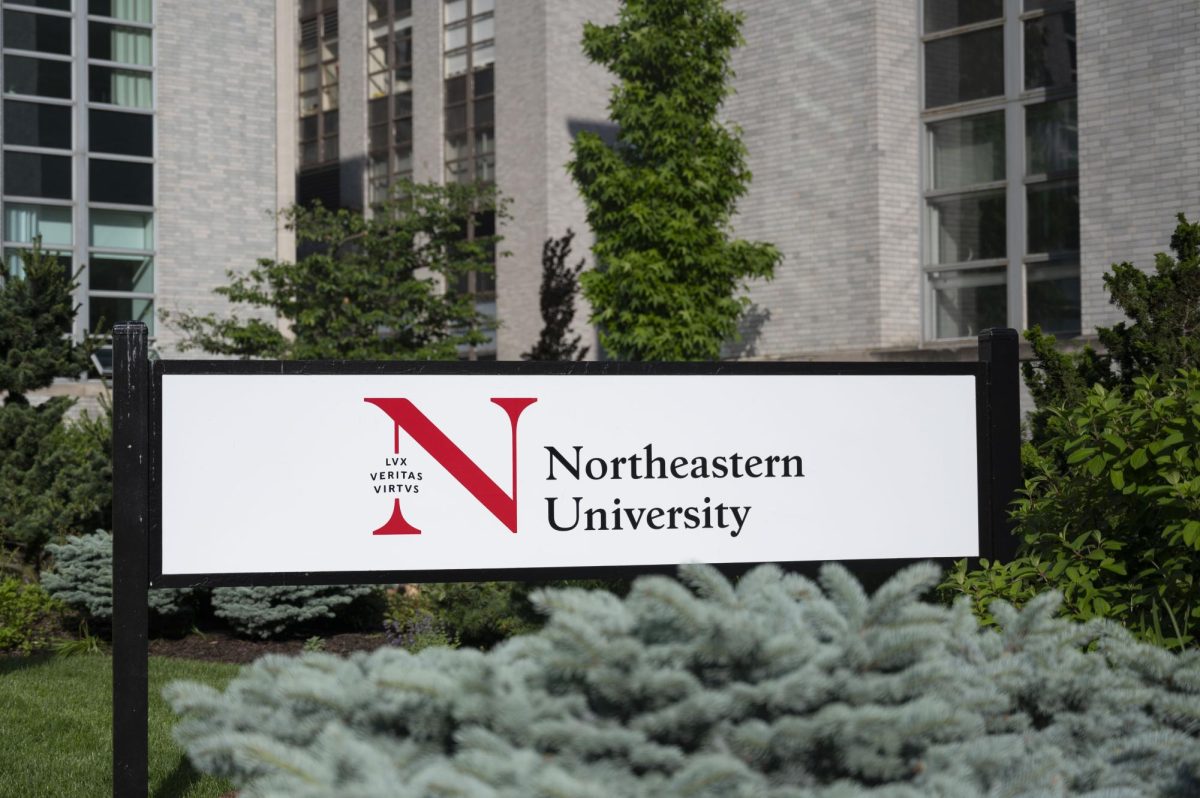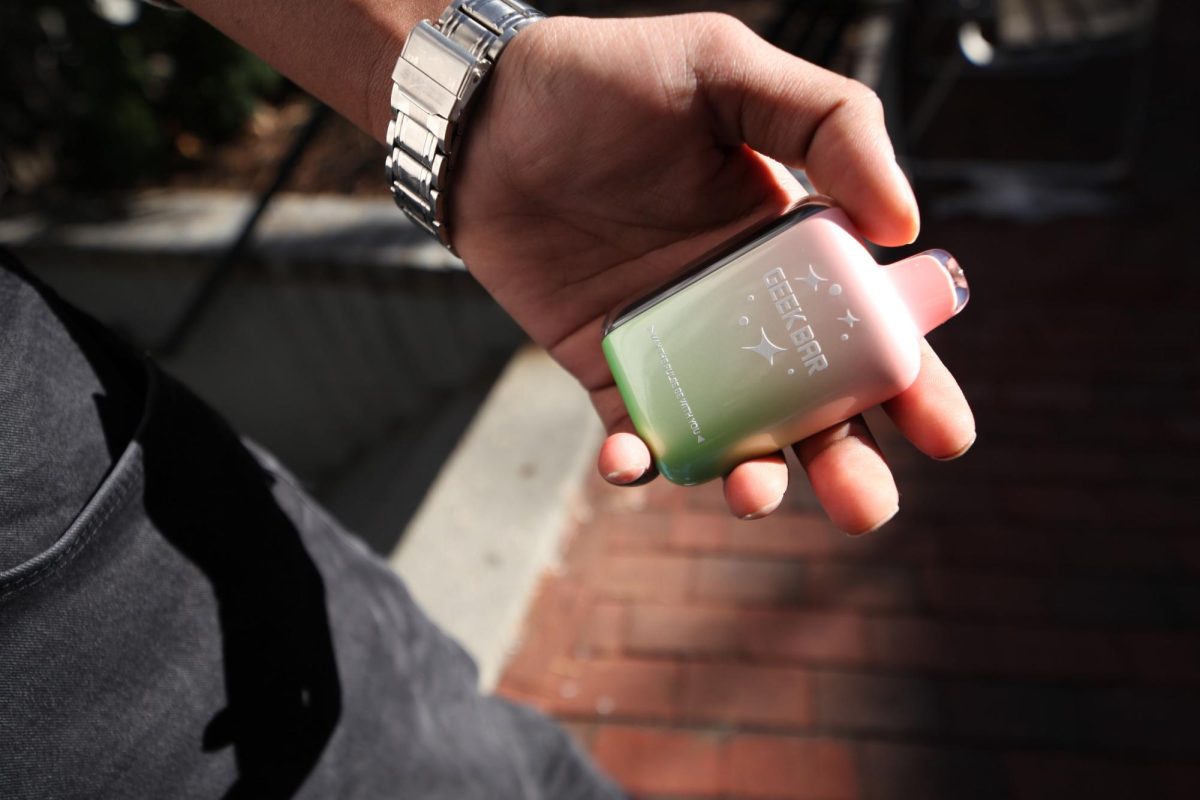By Samantha Moll
It seems like college students have found a secret to success in the classroom: Don’t do the work and still get good grades.
One in five students, many of whom report getting As, say they frequently come to class without doing the assignments, according to the 2008 National Survey of Student Engagement (NSSE) results that polled freshman and senior students at 769 four-year colleges and universities.
NSSE Director Alexander McCormick said the survey is used to evaluate the quality of undergraduate education by providing diagnostic information, highlighting areas that need improvement and focusing on the teaching and learning environment of a school instead of prestige. Institutes are elected to participate and decide how to distribute the surveys, which are distributed online, through the mail or a combination of both.
McCormick said this survey should not make people assume that 20 percent of students are simply blowing off homework.
“There can be a lot of things going on that cause students to be unprepared,” he said. “They can be lazy, or just busy and strapped for time. If a course is heavy on reading, they might do most of the reading, but not all of it.”
A majority of students landed on the opposite side of the spectrum, however, as 59 percent of seniors and 55 percent of freshmen said they frequently worked harder than they thought they could to meet an instructor’s standards, according to the results.
This is up slightly from last year’s results, which Northeastern participated in; 56 percent of seniors and 52 percent of freshmen said the same.
Northeastern was not involved in this year’s NSSE, because the university only participates in the survey every other year, said interim university spokesperson Jim Chiavelli.
Kushan Shah, a senior accounting major, said she devotes a lot of time studying to keep up with her work.
“I think I’m prepared for my classes,” Shah said. “I spend more time than I anticipate or more time than I want to on schoolwork.”
Vipul Lakhi, a senior management information systems and entrepreneurship major, said the first and last years of college – the two years that the study focuses on – are hard because they are times of transition.
“Freshman year is tough at first, but then you get used to it,” Lakhi said. “Senior year, everything starts piling up. It’s busier because you’re preparing for the transition to the real world.”








